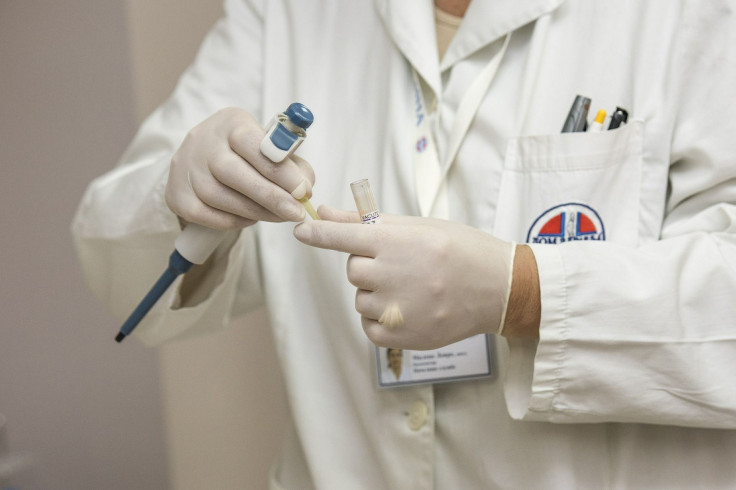Doctors ‘Failing To Help’ Transgender People; Gender Dysphoria In Health Care

Despite progress made in recent years for transgender rights and safe, accessible, and effective hormone treatments and sex reassignment surgery, proper medical care for people with gender dysphoria has a long way to go, argues one psychiatrist writing in The BMJ. In his paper, James Barrett, consultant psychiatrist at Charing Cross Gender Identity Clinic and president at the British Association of Gender Identity Specialists, discusses the ways that primary and secondary care providers in the United Kingdom — and likely the rest of the world — can better treat transgender people.
“With early and prompt treatment at a gender identity clinic, improvement in quality of life [for transgender people] can be huge and can be sustained in the long term,” Barrett writes. “So it seems odd that such effective treatment was ever considered a low priority — or that access to it should have been delayed or made more administratively complex than access to less efficacious therapies.”
Transgender people — or people who don’t identify with the gender with which they were born — often face barriers in both primary and secondary care due to reluctant doctors who remain staunch in their conservatism. That could involve “inappropriate and unnecessary referrals to community psychiatry,” as well as delays in “access to hormone therapy,” Barrett writes. Currently, many transgender people must travel quite a ways to get to gender identity clinics for their treatment — places that are often overloaded with patients — because their primary care doctors don’t prescribe hormone replacement therapy.
“[A]s many as one in five GPs won’t prescribe for people with gender dysphoria, even after expert advice from an NHS clinic,” Barrett writes. He notes that he has personally experienced GPs refuse to give hormone treatment because they think it’s dangerous, difficult, or expensive — all of which aren’t true — or because of a conservative or Christian mindset that they “are trained to treat illnesses, not to change nature.” These negative trends are compounded by the fact that many healthcare providers still “offensively refer to [transgender people] by their old title or legal sex, sometimes years after hormone treatment or gender reassignment surgery.”
Hormone replacement therapy (HRT) involves applying sex hormones like androgens for trans men and estrogens for trans women in order to provide each person with the secondary sex characteristics that match their gender identity. For females, those include breasts, lower waist-to-hip ratios, and less body hair; for men, it would involve broader shoulders and facial hair. In other words, someone who was born a man and identifies as a woman would receive estrogen doses over time to align their sex with gender identity. When treatment is delayed or stopped, the transgender person is unable to maintain the hormone balance and secondary sex characteristics that match the person they are — something that can take a toll on their mental and physical health.
It’s difficult to estimate how many people have gender dysphoria, as many likely go undetected and never seek treatment. But Barrett notes that the numbers in the U.K. are up to tens of thousands, and the waiting list for the 11 NHS gender identity clinics are as high as 5,000 people. That means most people have to wait about one year from their initial referral to receive their first appointment.
With that in mind, Barrett believes more primary care doctors should understand gender dysphoria — and know how to treat it, or at least properly approach it. “People with gender dysphoria aren’t freaks,” Barrett concludes. “They are teachers and accountants, police officers and doctors, parents and taxpayers, and — importantly — patients as deserving of respect and decent, routine NHS care as anyone else. It’s about time they started getting exactly that.”
Source: Barrett J. Doctors are failing to help people with gender dysphoria. The BMJ , 2016.
Published by Medicaldaily.com



























